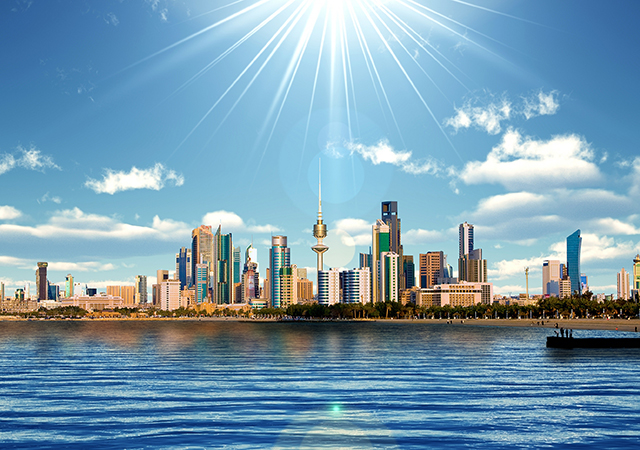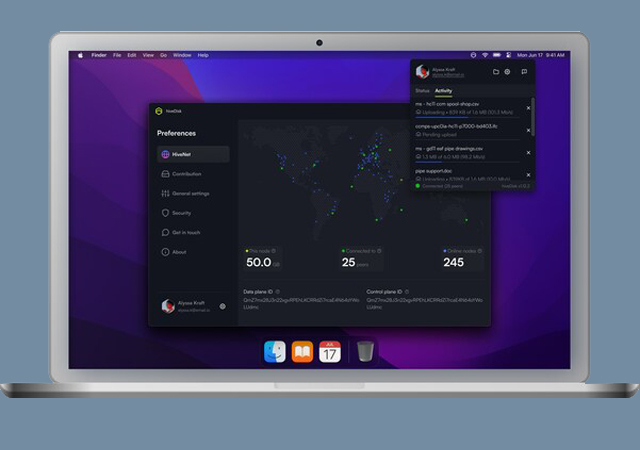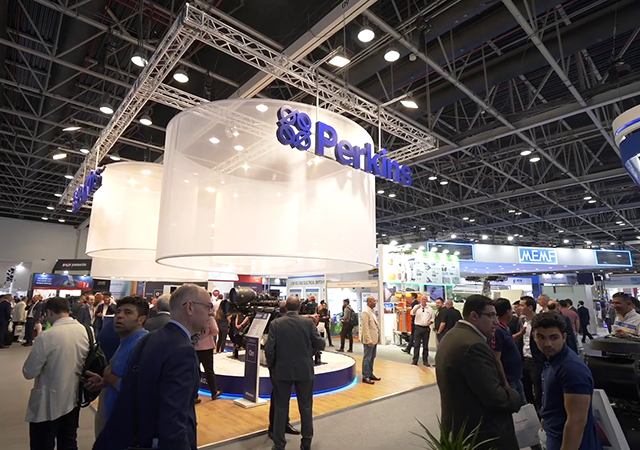
 Qatar’s aluminium smelter, Qatalum
Qatar’s aluminium smelter, Qatalum
Qatar’s non-hydrocarbon sector has assumed pivotal importance as the country faces prospects of lower gas prices from increased LNG volumes in international markets from shale gas developments and new exporters.
The Gulf state has also suspended for some time gas exploration projects in the giant North Field and has to reinvigorate its ageing oil fields, all of which means that Qatar will have to look to sources beyond oil and gas to sustain economic growth. Trends towards greater diversification have been witnessed over several years and with government support forthcoming, the non-hydrocarbon sector saw growth of 11.4 per cent in 2013 on the back of manufacturing, construction, financial services and tourism. The private sector has the opportunity to play a more meaningful role in the economy with the government expected to spend approximately $182 billion over the next four years on development projects.
Qatar has major ongoing projects including those related to the new Doha port and railway, while the massive $15 billion Hamad International Airport was formally opened earlier this year. The new sea port is being developed in phases and will comprise three container terminals with an eventual combined annual capacity in excess of six million containers. Investment for the project is QR19 billion ($5.2 billion) and completion time is 2016, well ahead of the Fifa World Cup in 2022, the preparations for which will necessitate the imports of project equipment through the new port’s terminals. Also being developed as an industrial hub adjacent to the port is the Qatar Economic Zone 3.
Like the rest of the Gulf, Qatar has an ambitious railway project incorporating a Doha Metro, a long-distance network for passengers and cargo including a passenger line to Bahrain and a mixed passenger and cargo line to Saudi Arabia, and a light rail system for Lusail, a city being developed north of Doha. It was big news in Qatar when five tunnel boring machines (TBMs) made by Germany’s Herrenknecht for Phase 1 of the Doha Metro arrived in the city in two batches. In all 21TBMs are to be acquired for the project.
Qatar Petrochemical Company (Qapco), which provides value to Qatar’s upstream hydrocarbon sector, is reaping financial benefits from its third low density polyethylene plant which was completed in 2012. The company has teamed up with an American firm Materia with the aim of using its expertise and breakthrough catalyst technology to develop new products from Qapco resources.
Also earlier this year Qatar Steel launched its QR1.2 billion EF-5 greenfield steel melt shop of 1.1 million tonnes billets capacity. EF-5 is expected to boost Qatar Steel’s earnings through greater domestic sale of billets and an improved supply to the company’s wholly owned subsidiary in the UAE, Qatar Steel FZE.
The increase in billets production capacity will help the local construction industry’s efforts to support Qatar’s construction progamme ahead of the World Cup in 2022.
Also recently, Qatar Steel signed an iron ore pellets supply contract with Brazilian company Vale. The three-year contract is renewable for a further three years.
Qatar’s ambitions in gaining steel influence go further than its local facilities. Late last year, Qatar Steel International signed an agreement in Algeria for the establishment of a joint venture for producing two million tonnes annually of steel rebar and wire rod.
In the field of general mining and metals, Qatar Mining recently secured four concessions in the African state of Mali.
Qatalum, Qatar’s aluminium smelter, recently inaugurated its pot relining plant, to facilitate which significant modifications to the plant site had to be made. The plant is crucial as the oldest pots in the potline are now approaching the end of their life.
PRIVATE FIRMS AND FIRMS AND SMES
As Qatar strives to become a more rounded and broadbased economy, local private firms are pushing their way forward to participate in major projects through product supplies. One such supplier is Nexans which has its local plant operating as Qatar International Cables Company (QICC).
Kahramaa, the Qatar General Electricity & Water Corporation, has signed a framework agreement with Nexans worth approximately €100 million ($134 million) for the supply of medium and low voltage cables. Nexans cables will be deployed as part of stage 2 of the Phase 2 expansion and development of the electricity network. They will connect new substations to infrastructure-oriented projects, including the new Doha Port and Doha railway projects. In total, Nexans will provide over 2,000 km of cable to Kahramaa. Production has started at Nexans’ QICC plant and the cables will be produced and installed until December 2015.
 |
|
A Qatar Steel production facility |
Charles-Edouard Mellagui, country manager Qatar and CEO, QICC, said, “We are pleased to be partnering Kahramaa in their drive to upgrade electrical infrastructure in Qatar and look forward to supporting the company in the years to come. The competitiveness of Nexans’ offering and our high standards of quality and service have been key in Kahramaa’s choice.”
Qatari firms also stand to gain from a pact made by Enterprise Qatar (EQ) and Doha Bank under which the bank will provide a comprehensive package of services to companies rated by EQ. The package includes credit enhancements, discounts for debt arrangement and loans processing fees, preferential handling upon submission of requests for services, a reduction of security requirements and competitive pricing. “The private sector will be empowered and SMEs will be supported, ensuring diversification of the Qatari economy,” said EQ’s chief executive officer,” Omran Hamad Al Kuwairi.
Solar energy has caught the attention of Qatar authorities in a big way. Nabras Power, a body set up by the Qatar Electricity and Water Company, has taken a 35 per cent stake in a solar power plant being built in Jordan. A Mitsubishi subsidiary has taken a similar share in the project. They and Jordan’s Kawar, which has reduced its holding in the plant to 30 per cent, will finance, build and operate a 52.5 MW plant in the Hashemite kingdom.
Qatar Solar Energy (QSE), the largest solar technology development and manufacturing facility in the Mena region, has signed a landmark agreement with Kazakhstan-based energy firm Kazatomprom. With the deal, QSE has secured solar-grade silicon, the raw material used to make solar panels, at an extremely competitive fixed cost for the next 10 years.
Qatar Solar Technologies has been approached by Qatar Railways Company to explore opportunities that may lead to the installation of up to 60 MW of solar energy within Qatar’s railway network.
Abdullah bin Abdulaziz Turki Al Subaie, managing director and chairman of the Qatar Rail executive committee, said: “Qatar Rail places environment-friendly methods at the heart of the executive strategy of all its projects. This comes after the company conducted an intensive study to assess the possible environmental impact of the railway network projects in order to ensure the protection of any affected environment.”












